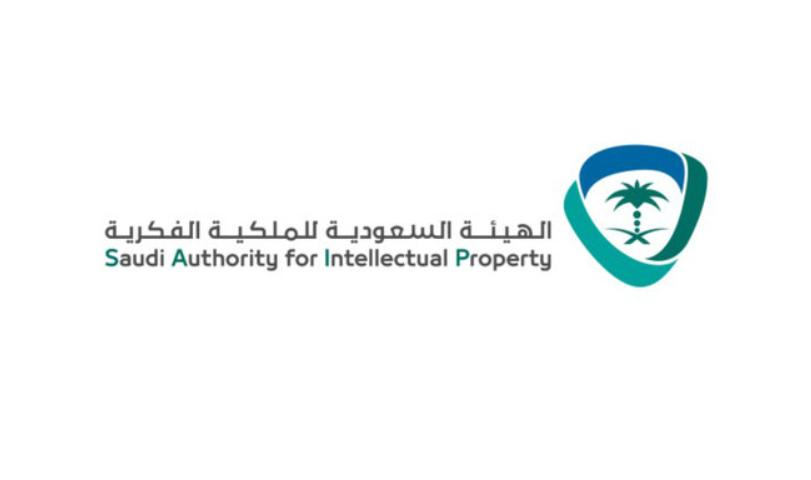
Saudi intellectual property authority opens written work protection
The Saudi Authority for Intellectual Property (SAIP) has announced an optional registration for written works, including computer software and applications, architectural, technical and applied artistic works, photographic and graphic works, and 3D topographic works.
The intellectual property authority defined written works as those that are expressed in words of any kind, such as books and brochures of a literary, scientific or artistic nature. SAIP added that books, poems, novels, articles, speeches, dissertations, school books and references, brochures and broadcast texts are all included in the optional registration.
It said that the aim of registering written works is to encourage creative people, enhance competitiveness and maximize intangible assets.
The authority added that male and female students can receive discounts on their registration applications and can benefit from all its services.
It detailed the criteria that must be met when requesting registration of a written work.
“The written works submitted for registration must be creative, original, distinguished, and expressive to thoughts and emotions, regardless of the quality of the content,” the property authority said in its announcement.
It added that requests to register copyright do not include written ideas, daily news, work diaries, procedures and abstract facts, as these are excluded from the copyright protection system.
SAIP provides its services through official channels, including its website (saip.gov.sa), direct number (920021421), email (saip@saip.gov.sa) and through its social media accounts.
According to the World Intellectual Property Organization, rights owners obtain financial rewards from the use of their works by others. Moreover, rights can protect the noneconomic interests of authors.
On Wednesday, Martina Strong, US charge d’affaires, expressed her appreciation of the SAIP for its “impressive improvements in intellectual protection, fostering even greater growth and innovation.” She added that the US Embassy looks forward to continued collaboration with SAIP.



























